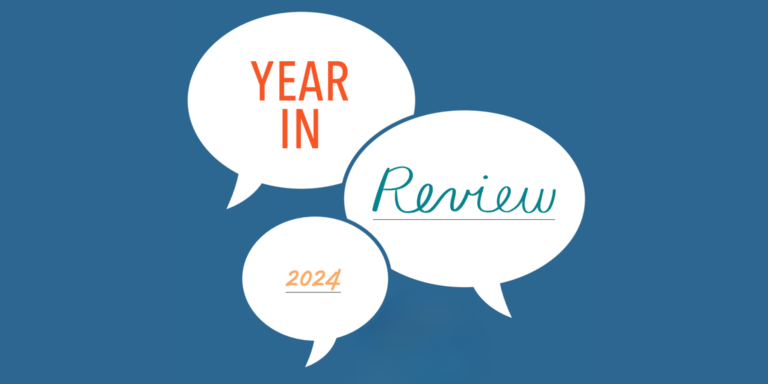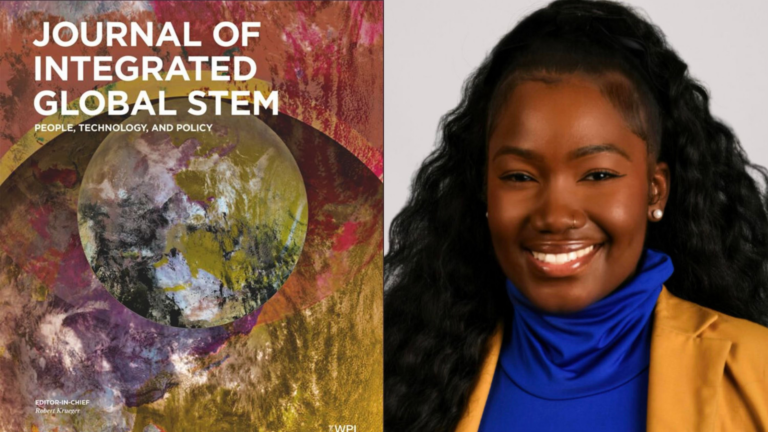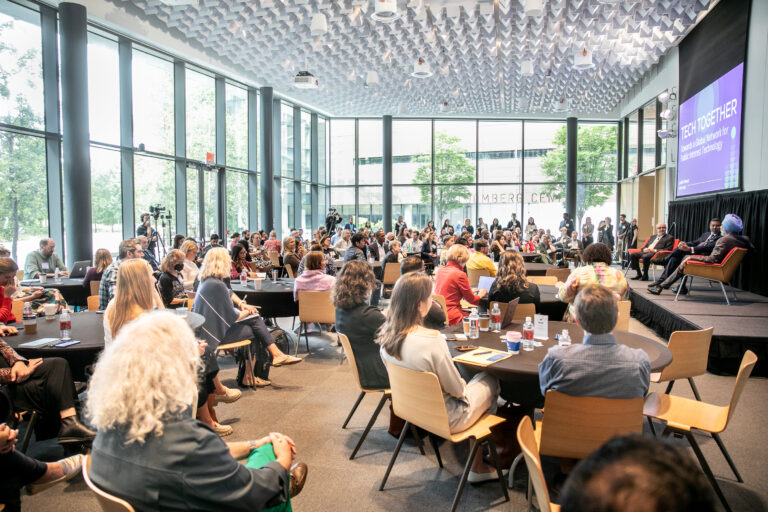by Katy Knight
In my role as SFE’s Executive Director, one of the core philosophies that I ask our team to keep top of mind is the belief that “context is key.” In this installment in our “Context is Key” series, we’ll explore the importance of building trust and developing close and productive working relationships with grantees. We’ll share a series of questions and behaviors that we’ve incorporated to our process to make this practice more actionable and effective.
We ground all of our work in the belief that philanthropy is uniquely positioned to engage with the biggest questions facing the world today, and that as grantmakers, we have the privilege of operating “society’s R&D lab.” Our inquiry-driven approach to grantmaking is designed to help us support experimental work that neither industry nor government are best positioned to take on, and that hold the potential to develop solutions and innovations that will have positive impact at scale. Operating in this space is a tremendous privilege, and in order to wield the power that comes with it responsibly, it’s incumbent on us as grantmakers to cultivate partnerships that are predicated on clarity and mutual trust.
In our ongoing exploration of context, we’ve already examined ways that grantmakers can be more mindful of location and team background as they develop relationships with partners and grantees. In this installment in our ongoing series, we’ll explore the information that we share about ourselves in order to keep our new relationships grounded in mutual respect and understanding:
- Be clear about why we’re interested: A key piece of our inquiry-driven approach to grantmaking involves aligning with grantees on shared and individual objectives. We try to be clear from the beginning about which questions we hope to derive insights into with our collaborative work, where their work fits in our larger funding landscape, and our expectations for sharing and applying lessons from research findings. If there are other areas where an organization fills a gap for us, or informs a part of our strategy, we acknowledge that clearly and early on where we can. For example, SFE’s Learning grantmaking strategy draws a lot from findings on computational thinking that we’ve gleaned from our long working relationship with Scratch. Because the work of our two organizations is so based on mutual exchange of ideas and feedback, we want to see Scratch succeed not only because we’re invested in seeing their mission come to fruition, but because aspects of our own strategy are informed by their success.
- Respect expertise, and acknowledge the limits of our own: Our grantees are the experts in knowing what it takes to get their work done effectively. Trust in grantmaking is a two way street, and we make a point of trusting our grantees to tell us what they need from us and when. We also trust that they’re the ones best positioned to do their work, and try not to insert ourselves or our opinions in scenarios when they haven’t been requested or made welcome. Collaborative funding efforts, like our recent work with the National Governors Association, allowed us to convene and organize experts, and create a space for them to share best practices and get on the same page about shared goals and objectives. Knowing our lane as a funder is often the best way to achieve the outcomes that work best for everyone.
- Treat the relationship like a partnership: Funders and grantees both stand to gain a lot more from a working relationship when they’re each mutually invested in its success. If both parties have aligned with one another on stakes and objectives from the outset, there’s a greater likelihood that all parties can achieve their individual and shared goals together.
Our constant process of iteration and refinement is designed to support innovative work, drive progressive solutions, and explore the opportunities that practitioners in other fields aren’t always able to. Maintaining clarity around our objectives is key to helping build trust in this process, and to helping all of our grantees better understand the context in which we develop our partnerships. We’re committed to developing this trust and mutual understanding, and to sharing as much about the context in which we do our own work as we are to learning about the context in which our grantees do theirs.

Katy Knight is the Executive Director of Siegel Family Endowment





